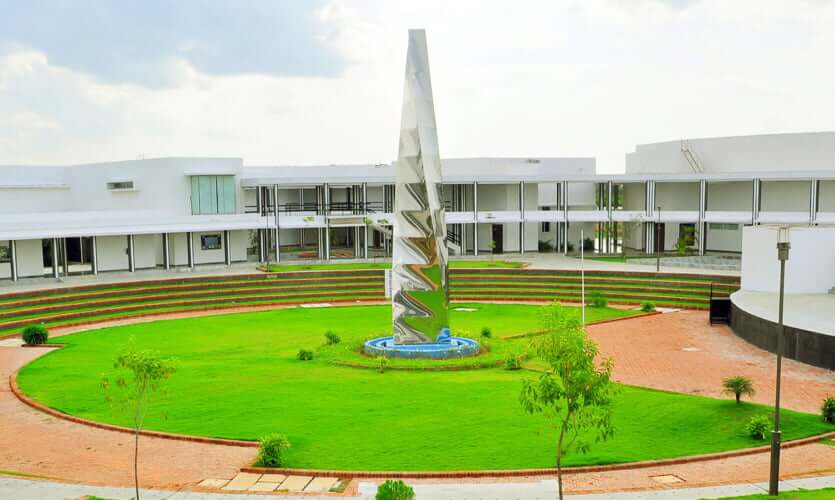Free Cyber Security Course with Certificate
Introduction to Cyber Security
Learn the fundamentals of secure online behavior and gain practical skills to safeguard your personal information. Enroll now to protect yourself and your online presence from threats.
About this course
Get started on your journey to becoming a cybersecurity expert with our comprehensive Introduction to Cyber Security free course. This course covers everything from the basics of cyber security, including key concepts and popular attacks, to advanced topics such as cryptography, security goals and their implementations, and designing security systems. You will also learn about vulnerabilities such as buffer overflow and participate in a case study on a real-world WhatsApp attack. This course is designed to be hands-on and engaging, with practical projects, case studies, and demonstrations to help you master the skills you need to succeed in the field of cybersecurity. Join us now and take the first step towards a rewarding career in this exciting and fast-paced industry.
Course outline
What is Cyber Security?
This module gives you an introduction an definition to cybersecurity.
Key Concepts of Cyber Security
You will understand the criteria to satisfy to call a system secured and understand CIA concepts in cyber security with examples in this section.
Popular Attacks - Hacker Motivation
In this section, you will understand the organization's motivation to implement a secured cyber security strategy and the hacker's motivation to break into the system. You will also learn about various cloud service providers and why there is a shift to cloud storage.
Popular Attacks
This section will brief you on ransomware, botnet attacks, social engineering attacks, cryptocurrency hijacking, and phishing attacks.
Ransomware
This section will explain ransomware in detail with the WannaCry Ransomware cryptoworm attack for the bitcoin cryptocurrency example.
BotNet Attack
This section explains botnet attacks with Mirai malware for Linux systems to control bots remotely.
Phishing Attack
This section explains the phishing attack in detail, with the Ukrainian Power Grid attack to destroy physical machinery and banking examples.
Introduction to Cryptography
You will understand what cryptography is and why it is essential in network security. This section will also explain the basic cryptographic process to encrypt sensitive data.
Types of Cryptography
You will learn basic symmetric((private key) cryptography and asymmetric(public key) cryptography concepts in this section.
Message Integrity
You will learn message authentication code(MAC), cipher text, and data integrity concepts in this section, with an example.
Symmetric Key Cryptography
You will learn and understand Caesar cipher, stream cipher, and block cipher with solved examples in this section.
Public Key Cryptography
You will understand the "key pair" principle that public key cryptography works on with examples and solved problems in this section.
Security goals & Its Implementations - Authentication & Authorization
This section explains authentication and authorization, aiding data security and integrity, and concepts in detail.
Security goals & Its Implementations - Confidentiality
You will understand why it is essential for only authorized individuals to access, alter and delete data within a system, and also understand how it is maintained in this section.
Design a Security System - Part 1
In this section, you will learn to understand different types of threats, ID and mitigate threads, and model a security solution to protect the system against that threat.
Design a Security System - Part 2
You will understand the flow of the design, starting from security in software requirements, robust, consistent error handling, sharing requirements with the relevant team, handling internal errors, defensive programming, validation and fraud checks, and security policy for securing the data.
Buffer OverFlow & Vulnerabilities
This section explains how a small error in code and other vulnerabilities can be leveraged to overrun the security of a system with an example.
Case Study: WhatsApp Attack
This section explains a case study on WhatsApp to help you understand the overall cyber security concept.
Get access to the complete curriculum once you enroll in the course
Level up with advanced skills & become job ready with Pro+
Subscribe to Pro+ today to build skills with 50+ Pro courses and prep for jobs with advanced AI tools.
.png)
Cybersecurity and Digital Security Essentials

Practice exercises

Guided Projects

AI Resume Builder

AI mock interviews
Frequently Asked Questions
Will I receive a certificate upon completing this free course?
Is this course free?
Is the Introduction to Cyber Security free course a certification course?
What are the prerequisites required to learn this free cybersecurity course for beginners?
Introduction to Cyber Security is a beginner-level course. Before you begin with this course, you will have to do a little homework on basic computer skills, networking, and cyber security measures if you do not have a thorough understanding of it.
Will I have lifetime access to this free course?
Yes, once you enroll in this Cyber Security free course, you will have lifetime access to this Great Learning Academy's free course. You can log in and learn at your leisure.
Is it worth learning Cyber Security?
Yes, it is beneficial to learn Cyber Security. With data increasing every minute, storing it in a secure environment is very important. Not only that, but it is also important to make sure that the data is not altered by any unauthorized parties, hence making it important to encrypt them. So there is clear scope for professionals who can understand the threats and vulnerabilities and design a counter to protect the system against these threats.
What is Encryption used for?
Encryption is a data securing method that ciphers the data to make it unreadable for any individual without authorization, hence making it difficult for attackers to access and alter it.
Why is Cyber Security so popular?
Cyber security is a technical solution to secure data of any scale. It ensures that the data is confidential, accessible to authorized users, and holds integrity while being transferred in the network. It also ensures that the data is not leaked to any unauthorized individuals and that the system is secured against attacks. If there is an attack, the system also designs a counter to defend and recover the original records.
Will I get a certificate after completing this free Cyber Security course?
Yes! You will receive a completion certificate for the Introduction to Cyber Security course after completing all the modules and cracking the assessment/quiz. All the assessment tests your knowledge and badges your skills.
What knowledge and skills will I gain upon completing this course?
You will understand the basics of cyber security, hacker motivation, motivation to secure data within the organization, different attacks, and cryptography concepts. You will gain a hold on designing a mechanism to secure the system against threats using different cryptographic methods such as MAC, Caesar cipher, stream cipher, and block cipher after you have completed this data mining course.
How much does this free Cyber Security course cost?
It is an entirely free course from Great Learning Academy. Anyone interested in learning cyber security concepts and cryptographic techniques for data security purposes can get started with this course. You can also refer to the attached materials for additional knowledge.
Is there any limit on how many times I can take this free course?
Once you enroll in the Introduction to freeCyber Security course, you have lifetime access to it. So, you can log in anytime and learn it for free online at your convenience.
Can I sign up for multiple courses from Great Learning Academy at the same time?
Yes, you can enroll in as many courses as you want from Great Learning Academy. There is no stricture to the number of courses you can enroll in at once, but since the courses offered by Great Learning Academy are free, we suggest you learn one by one to get the best out of the subject.
Why choose Great Learning Academy for this free Cyber Security training?
Great Learning is a global educational technology platform committed to developing skilled professionals. Great Learning Academy is a Great Learning project that provides free online courses to assist people in succeeding in their careers. Great Learning Academy's free online courses have helped over 4 million students from 140 countries. It's a one-stop destination for all of a student's needs.
This course is free and self-paced and also includes solved problems, presented examples, and case study to help you comprehend the numerous areas that fall under the subject and awards you a certificate to showcase your skills. The course is conducted by topic experts and carefully tailored to cater to beginners and professionals.
Who is eligible to take this course?
Anybody interested in learning the Cyber Security concepts and cryptographic techniques to secure data within an organization can take up the course. But you will also have to know basic networking and cyber security mechanisms concepts to take this course up. Enroll in this course today and learn for free online.
What are the steps to enroll in this free online cyber security course with certificate?
Enrolling in Great Learning Academy's Introduction to Cyber Securityfree course is a simple and straightforward approach. You will have to sign-up with your E-Mail ID, enter your user details, and then you can start learning at your own pace.

 4.47
4.47





















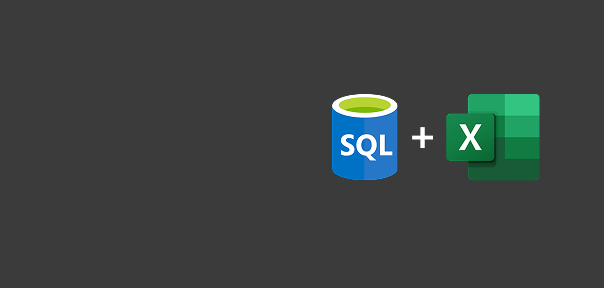



.jpg)


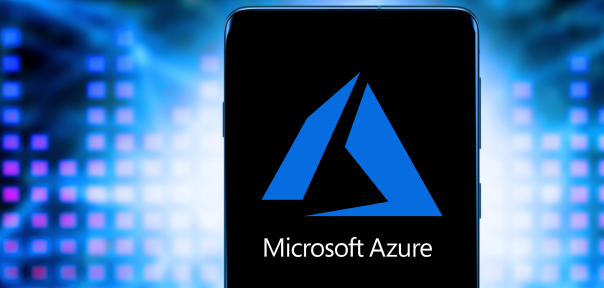
.png)
.png)
.png)


.png)

.png)
.png)
.png)
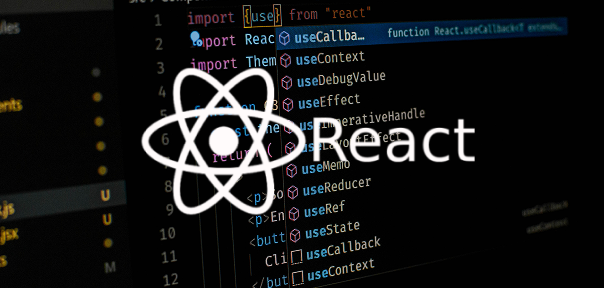
.png)
.png)

.png)
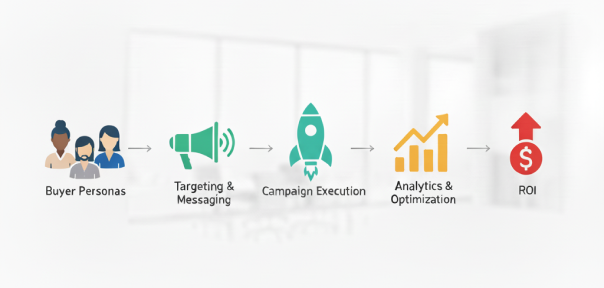
.jpeg)
.jpg)
.jpg)









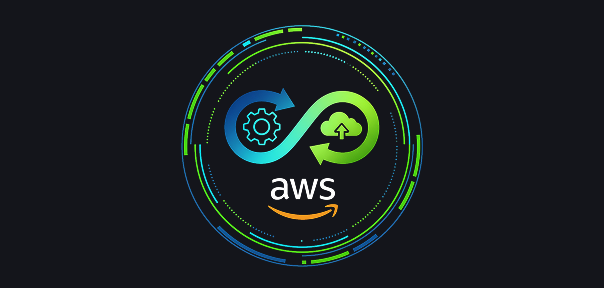
.png)
.jpg)
.jpg)
.png)

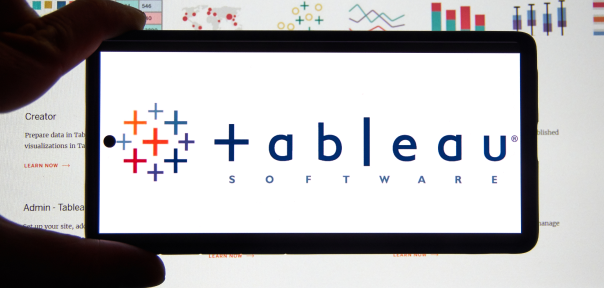

.jpg)



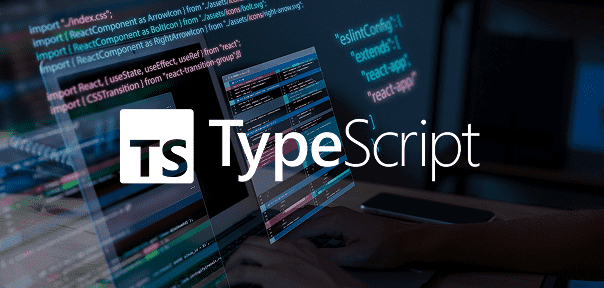
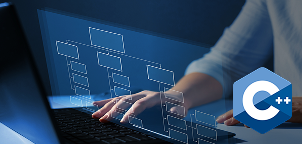
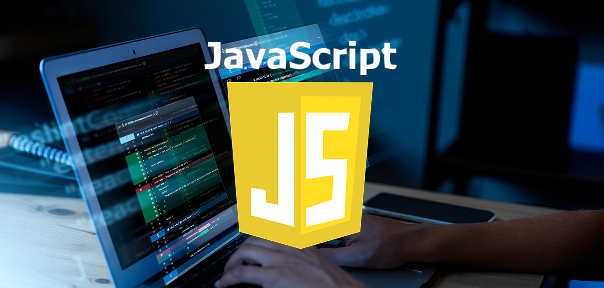

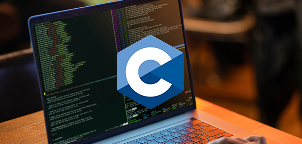
 (1).png)

.jpg)

 (1).jpg)
.png)
.png)
.png)

.png)
.png)
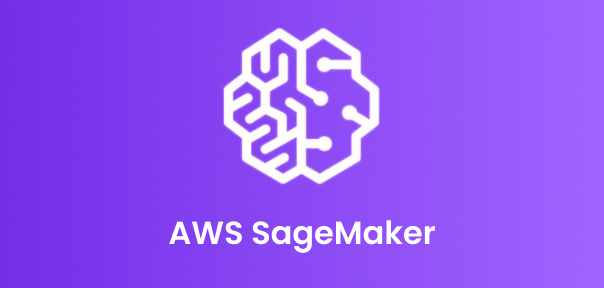

.png)
.png)

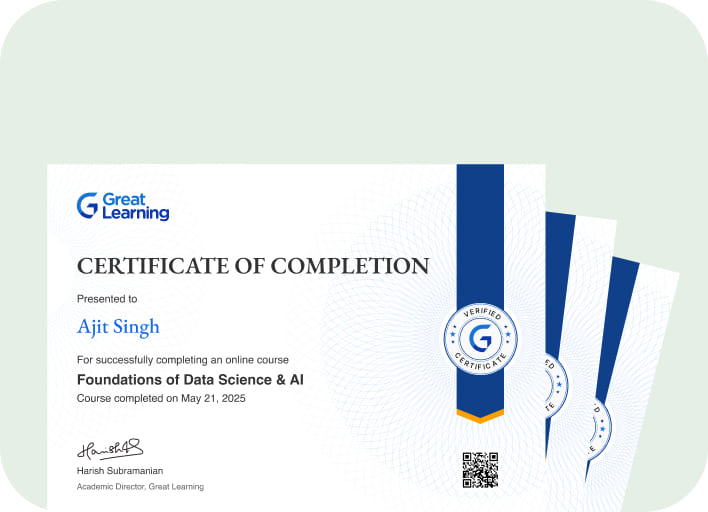
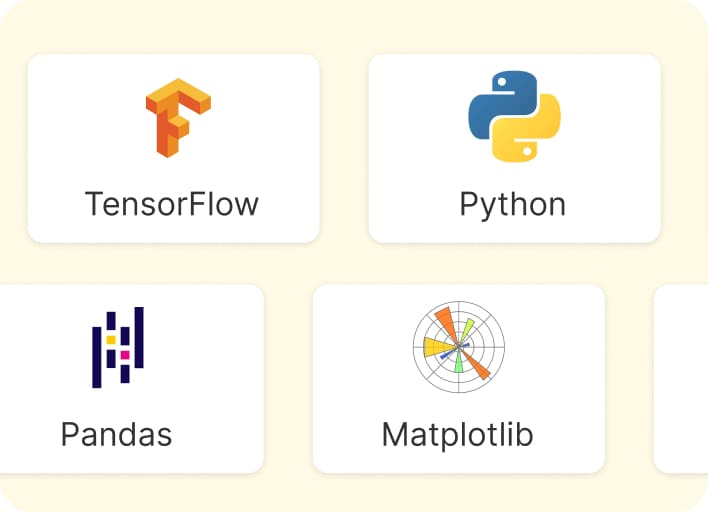



.jpg)



